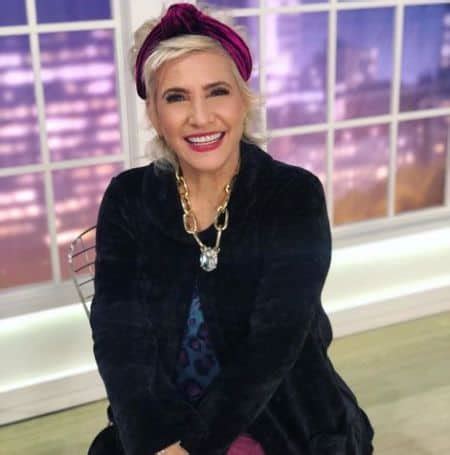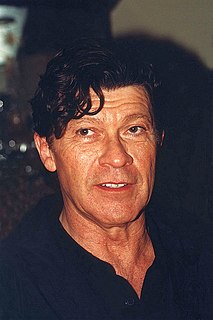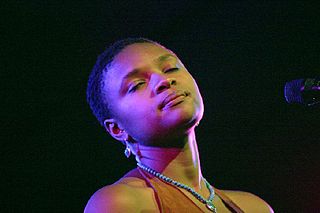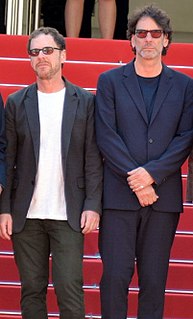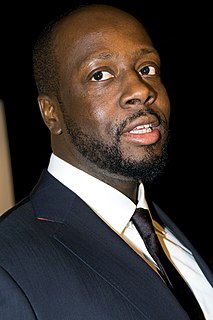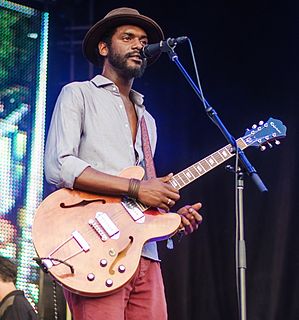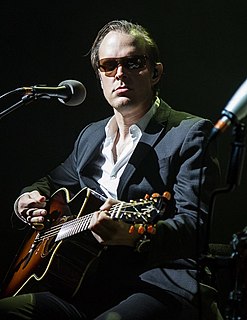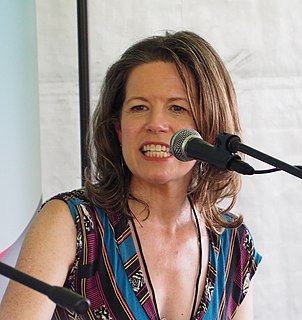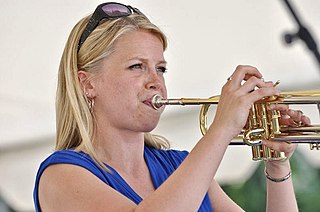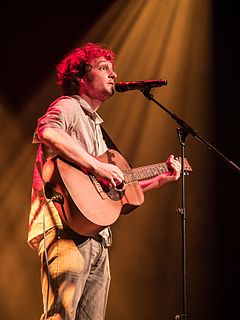A Quote by Roger McGuinn
But in my imagination this whole thing developed and I started mixing up old folk songs with the Beatles beat and taking them down to Greenwich Village and playing them for the people there.
Related Quotes
It just annoyed me that people got so into the Beatles. "Beatles, Beatles, Beatles." It's not that I don't like talking about them. I've never stopped talking about them. It's "Beatles this, Beatles that, Beatles, Beatles, Beatles, Beatles." Then in the end, it's like "Oh, sod off with the Beatles," you know?
He [Alan Lomax] started right off trying to find people who could introduce folk songs to city people. He found a young actor named Burl Ives and said, "Burl, you know a lot of great country songs learned from your grandmother, don't you know people would love to hear them?" He put on radio programs. He persuaded CBS to dedicate "The School of the Air" for one year to American folk music. He'd get some old sailor to sing an old sea shanty with a cracked voice. Then he'd get me to sing it with my banjo.
I've always loved the songs of the sea. I was first introduced to them back in 1957, at the Old Town School of Folk Music. I used to go to Pete Seeger concerts, and he would do songs like 'Ruben Ranzo' and talk about how the sailors sang songs to do their work - to raise the anchors, pull up the sails and that sort of thing.
I opened up my mind as far as playing music. I was at a Cody Chesnutt concert a few years ago, and a friend introduced me to him. We just started talking about music, and he asked me what I did. I said, "I have these songs and I'm kind of nervous to put them out, because I've just kind of been playing blues stuff, and playing other people's songs." He said, "You should just put them out there, man. Why not? It's just gonna bother you if you don't. The easiest thing to do is to just let it go." So I just took that with me.
It's got to be hard to be a band that's trading on your 40-year-old hits, where there's a certain thing that's expected of you. But that's why I admire Bob Dylan's live performances - he's steadfast about mixing up the songs, not just sticking to his greatest hits, and reinterpreting them to the extent that you really can't recognize them until halfway through. It's like, I DARE you to sing along.

